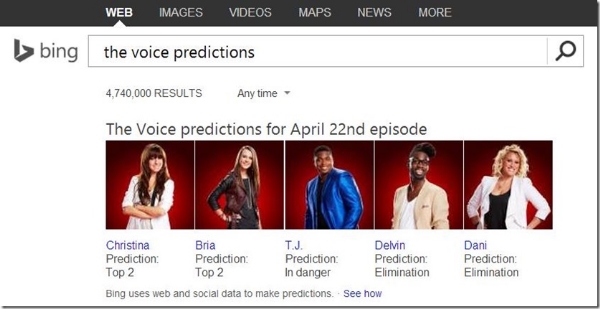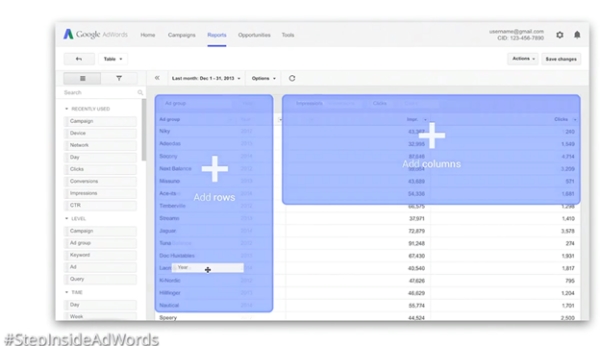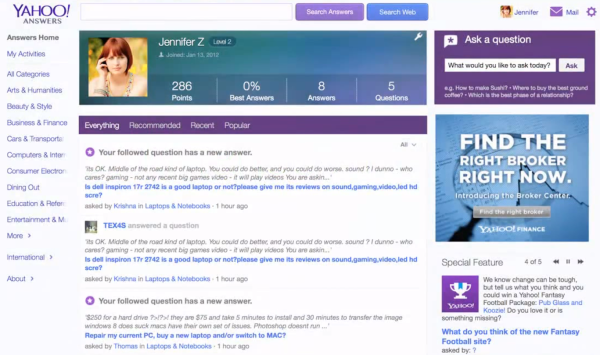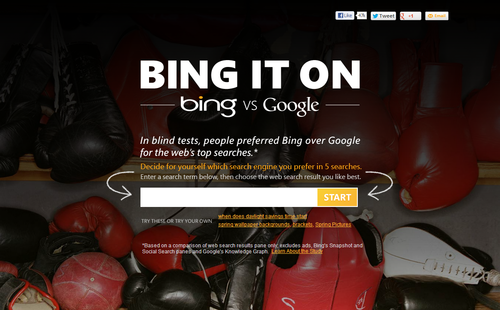With the constant stream of news coming out of the online marketing industry, it can be hard to keep up with all the latest updates without missing some important information. Below, we will go through all of the news from the week that we missed at the time.
Bing Tries To Predict The Winners of Your Favorite Reality Shows

Bing is using search and social signals in their attempt to predict outcomes of public events, and they are showcasing the results of their test by estimating who will be moving onto further rounds in reality shows like The Voice, American Idol, and Dancing With the Stars. Bing isn’t using magic to see the future, but they are using measures of popularity to predict the results of some of the most popular shows in the country. While this could be a fun feature for fans of reality TV, there is also potential for Bing to expand their predictions to events and elections that have a more direct on the country in the future.
Google Lets You Subscribe to Trending Search Topics

Google Trends has been a useful tool for discovering what people are searching for around the world. But, the service has always been somewhat isolated. You can consult the section to see what new artists, films, or memes are trending, but users have been left to keep up with the topics that interested them on their own. Now, Google Trends has added a new feature that lets you “Subscribe” to any search topic, Hot Searches for any country, or any U.S. monthly Top Chart. Google explains how subscribing functions in their announcement.
New Features are Headed to AdWords

Last week, Search Engine Land teased that huge news was coming for AdWords by vaguely discussing what types of features you might be seeing in the future. All the features were announced on Tuesday and Larry Kim took the time to break down what each new feature does and how it can affect online advertisers. Find out what the new AdWords will be like in Kim’s article for Search Engine Journal.
More Than Half of Responsive Mobile Sites Have “Unacceptable” Load Times
Responsive design has been widely loved for its ability to unify user experience across multiple platforms and devices, and some web designers claim it even speeds up their work process by preventing them from having to design two separate sites. However, a new study suggests responsive design may have a significant weakness. Responsive design may provide a better and more cohesive user experience across platforms, but a new study says the majority of responsive sites load too slowly for mobile users who are likely to leave a page that doesn’t load within 5 seconds. Mobile web developer Trilibis evaluated 155 prominent responsive design websites, and their findings aren’t pretty.
Yahoo Tests A Google Knowledge Graph Doppelganger in Search Results
There are rumors swirling that Yahoo is considering rejuvenating their search engine to re-challenge Bing for the second most-popular search engine available. Their share of the search market suggests Yahoo will have to make some drastic changes to have any chance at their comeback in the search game, but the company has been testing some recent changes to their search engine that lend truth to the rumors. However, one of their tests also drew attention for looking questionably similar to Google’s Knowledge Graph. All Google Testing discovered the test and documented how to see the test for yourself, or you can just watch their video below.
http://youtu.be/Pc254gEZx_Q






